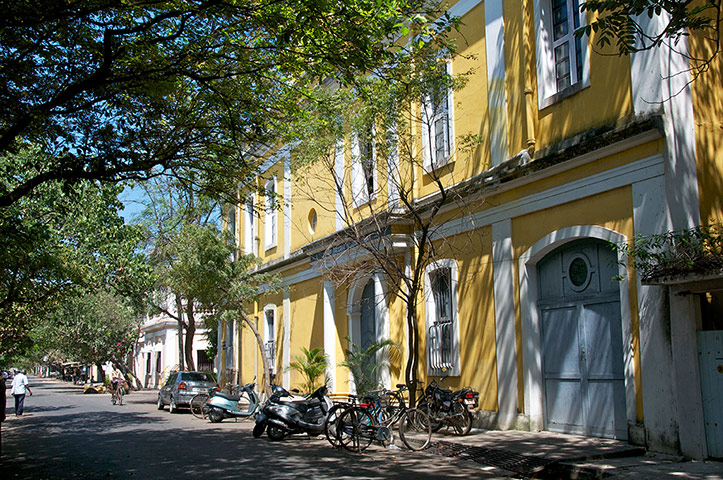


© Twentieth Century Fox Photograph: Peter Sorel/PR

© Twentieth Century Fox Photograph: PR


© Twentieth Century Fox Photograph: Peter Sorel/PR

© Twentieth Century Fox Photograph: PR






© Twentieth Century Fox Photograph: /PR

Photograph: Wilmar Photography/Alamy Photograph: Wilmar Photography/Action images

